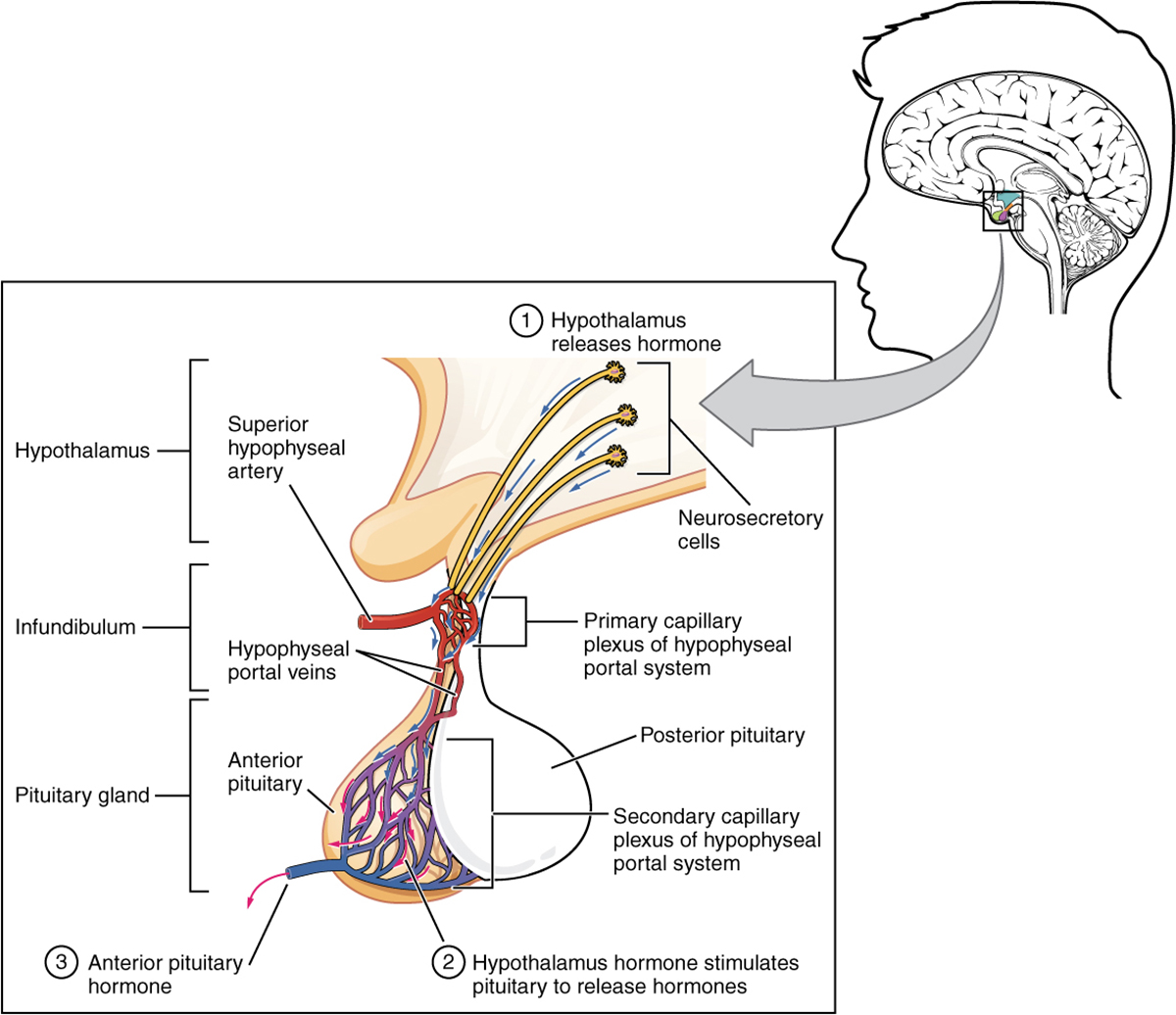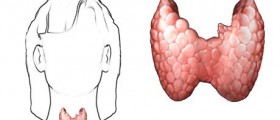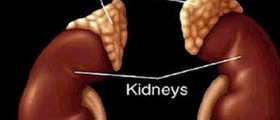
Hypopituitarism is condition related to the pituitary gland which is located approximately somewhere in the area behind the nose and between the ears, and just like every other gland in the body, this one also secretes hormones. Normally, it produces eight hormones, and if it fails to produce even only one of them, or if it produces it in lower amounts, then this condition is referred to as hypopituitarism. Having in mind the fact that the hormones produced by this gland affect practically every part of the body, insufficient amount of one of them can thus affect numerous processes and systems of the body.
Causes
Hypopituitarism is considered to be a rare condition, but the causes that provoke it are various, ranging from injuries, infections and surgeries of the brain and head, to tuberculosis, stroke, genetic mutations and tumor of the pituitary gland. On the other side, there are cases in which the cause simply cannot be determined. The symptoms depend on the type of the hormone which is not secreted regularly, and they may appear all of a sudden, though more frequently this condition has the tendency to progress gradually, and thus the symptoms as well, so the disease may not be diagnosed for years in some patients. However, the signs which usually indicate hypopituitarism are nausea, tiredness, weakness of the muscles, loss of appetite and weight, low stress tolerance, and facial puffiness. If a patient feels excessive thirst and need for urination, and if they have low blood pressure, these may also be the signs. There are also signs typical of each gender and there are some symptoms which appear in children particularly, so parents should pay attention.
Diagnosis
The condition can be determined after several blood tests are done in order to check the level of certain hormones in the body, but depending on the signs and possible causes, the doctor may also suggest vision tests, x-ray (in cases of children), and CT or MRI scan in order to exclude the possibility of the pituitary tumor, for example. As for the treatment, there is no surgery procedure or the medicine which can permanently cure this condition, but there are methods which can help in controlling the symptoms, and in regulating the level of hormones in the body. The treatment of hypopituitarism usually last for the rest of the life, and medicines which may be included in the therapy are sex hormones, corticosteroids, levothyroxine, and growth hormones. In cases of pituitary tumors, surgery is necessary.

















Your thoughts on this
Loading...